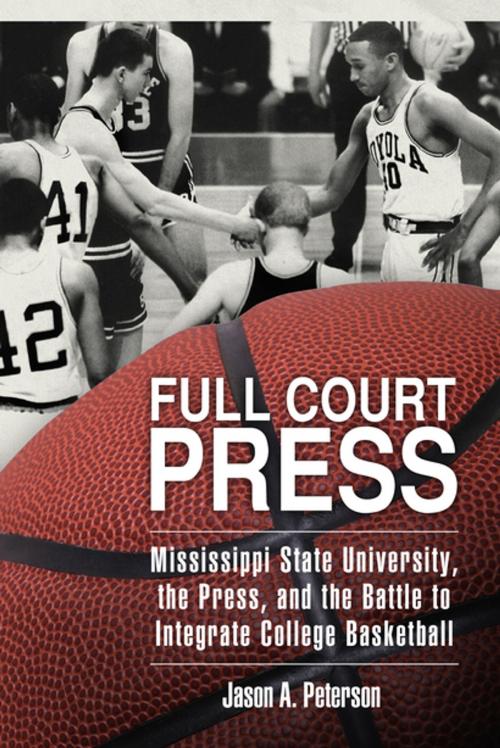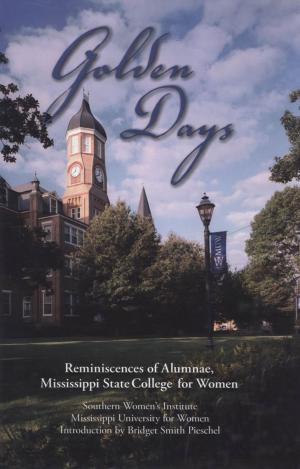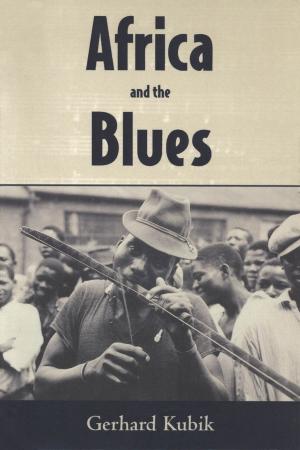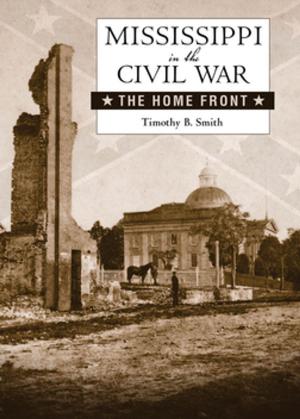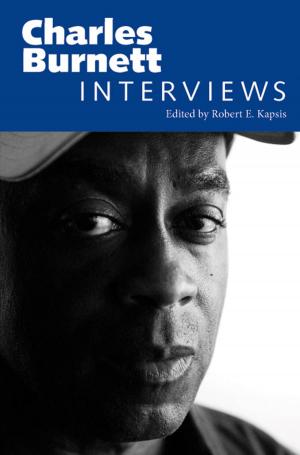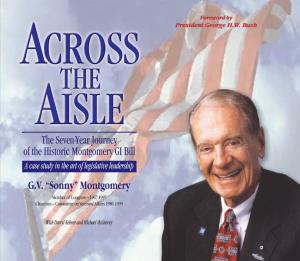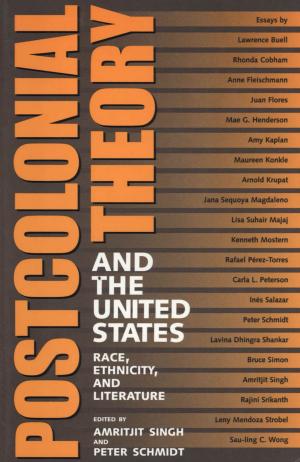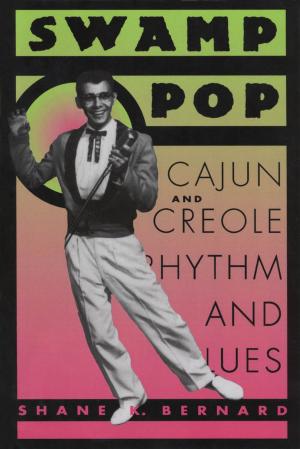Full Court Press
Mississippi State University, the Press, and the Battle to Integrate College Basketball
Nonfiction, Social & Cultural Studies, Social Science, Discrimination & Race Relations, Cultural Studies, African-American Studies| Author: | Jason A. Peterson | ISBN: | 9781496808219 |
| Publisher: | University Press of Mississippi | Publication: | September 5, 2016 |
| Imprint: | University Press of Mississippi | Language: | English |
| Author: | Jason A. Peterson |
| ISBN: | 9781496808219 |
| Publisher: | University Press of Mississippi |
| Publication: | September 5, 2016 |
| Imprint: | University Press of Mississippi |
| Language: | English |
During the civil rights era, Mississippi was caught in the hateful embrace of a white caste system that enforced segregation. Rather than troubling the Closed Society, state news media, on the whole, marched in lockstep or, worse, promoted the continued subservience of blacks. Surprisingly, challenges from Mississippi's college basketball courts questioned segregation's validity and its gentleman's agreement that prevented college teams in the Magnolia State from playing against integrated foes.
Mississippi State University stood at the forefront of this battle for equality in the state with the school's successful college basketball program. From 1959 through 1963, the Maroons won four Southeastern Conference basketball championships and created a dynasty in the South's preeminent college athletic conference. However, in all four title-winning seasons, the press feverishly debated the merits of a National Collegiate Athletic Association appearance for the Maroons, culminating in Mississippi State University's participation in the integrated 1963 NCAA Championship.
Full Court Press examines news articles, editorials, and columns published in Mississippi's newspapers during the eight-year existence of the gentleman's agreement that barred black participation, the challenges posed by Mississippi State University, and the subsequent integration of college basketball. While the majority of reporters opposed any effort to integrate, a segment of sports journalists, led by the charismatic Jimmie McDowell of the Jackson State Times, emerged as bold advocates for equality. Full Court Presshighlights an ideological metamorphosis within the press during the civil rights movement. The media, which had long minimized the struggle of blacks, slowly transformed into an industry that considered the plight of black Mississippians on equal footing with whites.
During the civil rights era, Mississippi was caught in the hateful embrace of a white caste system that enforced segregation. Rather than troubling the Closed Society, state news media, on the whole, marched in lockstep or, worse, promoted the continued subservience of blacks. Surprisingly, challenges from Mississippi's college basketball courts questioned segregation's validity and its gentleman's agreement that prevented college teams in the Magnolia State from playing against integrated foes.
Mississippi State University stood at the forefront of this battle for equality in the state with the school's successful college basketball program. From 1959 through 1963, the Maroons won four Southeastern Conference basketball championships and created a dynasty in the South's preeminent college athletic conference. However, in all four title-winning seasons, the press feverishly debated the merits of a National Collegiate Athletic Association appearance for the Maroons, culminating in Mississippi State University's participation in the integrated 1963 NCAA Championship.
Full Court Press examines news articles, editorials, and columns published in Mississippi's newspapers during the eight-year existence of the gentleman's agreement that barred black participation, the challenges posed by Mississippi State University, and the subsequent integration of college basketball. While the majority of reporters opposed any effort to integrate, a segment of sports journalists, led by the charismatic Jimmie McDowell of the Jackson State Times, emerged as bold advocates for equality. Full Court Presshighlights an ideological metamorphosis within the press during the civil rights movement. The media, which had long minimized the struggle of blacks, slowly transformed into an industry that considered the plight of black Mississippians on equal footing with whites.
